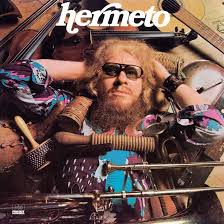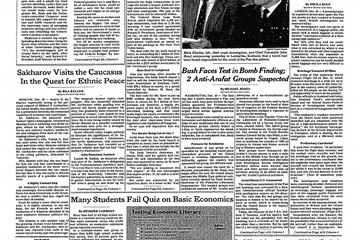The Unique Legacy of Hermeto Pascoal

Introduction
Hermeto Pascoal is a renowned Brazilian composer, multi-instrumentalist, and arranger celebrated for his innovative contributions to contemporary music. Often referred to as a “musical wizard,” Pascoal’s unique fusion of Brazilian folk styles with jazz and classical elements has earned him international acclaim. His approach to music goes beyond traditional boundaries, making him a pivotal figure in the evolution of Brazilian music. This article examines Pascoal’s significant influence and continuing relevance in today’s musical landscape.
Career Highlights
Born on June 22, 1936, in Alagoas, Brazil, Hermeto Pascoal’s musical journey began in his childhood. He learned to play various instruments, mastering the piano, flute, and saxophone, among others. His career took off in the 1960s when he collaborated with iconic artists like Miles Davis and worked with Brazilian legends such as Elis Regina. Throughout the years, he has released over 40 albums, showcasing his extraordinary talent as a composer and performer.
Pascoal’s music is characterised by improvisation, bridging the gap between traditional Brazilian rhythms and contemporary sounds. He is known for employing unconventional instruments in his compositions, including kitchen utensils and everyday objects, creating a distinct tonal quality. His album “No Mundo dos Sons” exemplifies his innovative style, blending natural sounds with structured musical forms.
Recent Developments
Pascoal continues to tour, captivating audiences worldwide with his live performances. In 2022, he was celebrated during the São Paulo Jazz Festival, where he shared the stage with emerging Brazilian musicians, inspiring a new generation to explore jazz and Brazilian musical traditions. His recent works incorporate themes of environmental consciousness, reflecting a growing concern for ecological issues within his lyrical content.
Conclusion
Hermeto Pascoal’s impact on the music world is profound, as he continues to challenge conventional paradigms and inspire creativity. His commitment to pushing musical boundaries ensures that he remains a critical figure in both Brazilian and global music. As contemporary artists draw from his vast body of work, Pascoal’s legacy will undoubtedly influence the evolution of music for generations to come. For readers and music enthusiasts, exploring Hermeto Pascoal’s rich discography offers a fascinating journey through the creative possibilities of sound.









